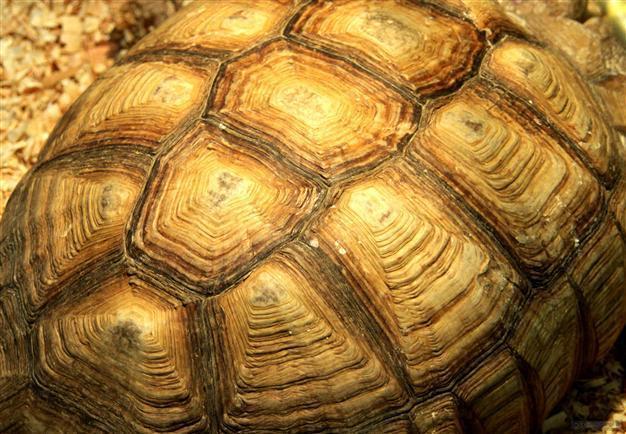Slow food: Study says prehistoric people feasted on turtles
JERUSALEM - Agence France-Presse

Discoveries in an Israeli cave dating back 200,000 years show that early humans ate turtles alongside plants and large game animals, the Tel Aviv university said on Feb. 2.
Turtle specimens found around the Qesem cave, some 12 kilometres (seven miles) east of Tel Aviv, also indicated the methods used to prepare them.
"Until now, it was believed that Palaeolithic humans hunted and ate mostly large game and vegetal material," Ran Barkai, one of the authors of the study, said in a statement.
"Our discovery adds a really rich human dimension -- a culinary and therefore cultural depth to what we already know about these people."
According to Avi Gopher, another author of the study, it was likely that large game animals such as horses, cattle and deer were hunted by adults, while children and the elderly caught the slow-moving turtles.
Barkai said that judging by marks on the shells, most of the turtles were roasted in them, while in some cases the shells were broken and then the reptiles were killed using flint tools.
The results of the study, conducted by Israeli, Spanish and German scientists, were published on Feb. 2 in the Quaternary Science Reviews journal.
 Discoveries in an Israeli cave dating back 200,000 years show that early humans ate turtles alongside plants and large game animals, the Tel Aviv university said on Feb. 2.
Discoveries in an Israeli cave dating back 200,000 years show that early humans ate turtles alongside plants and large game animals, the Tel Aviv university said on Feb. 2.